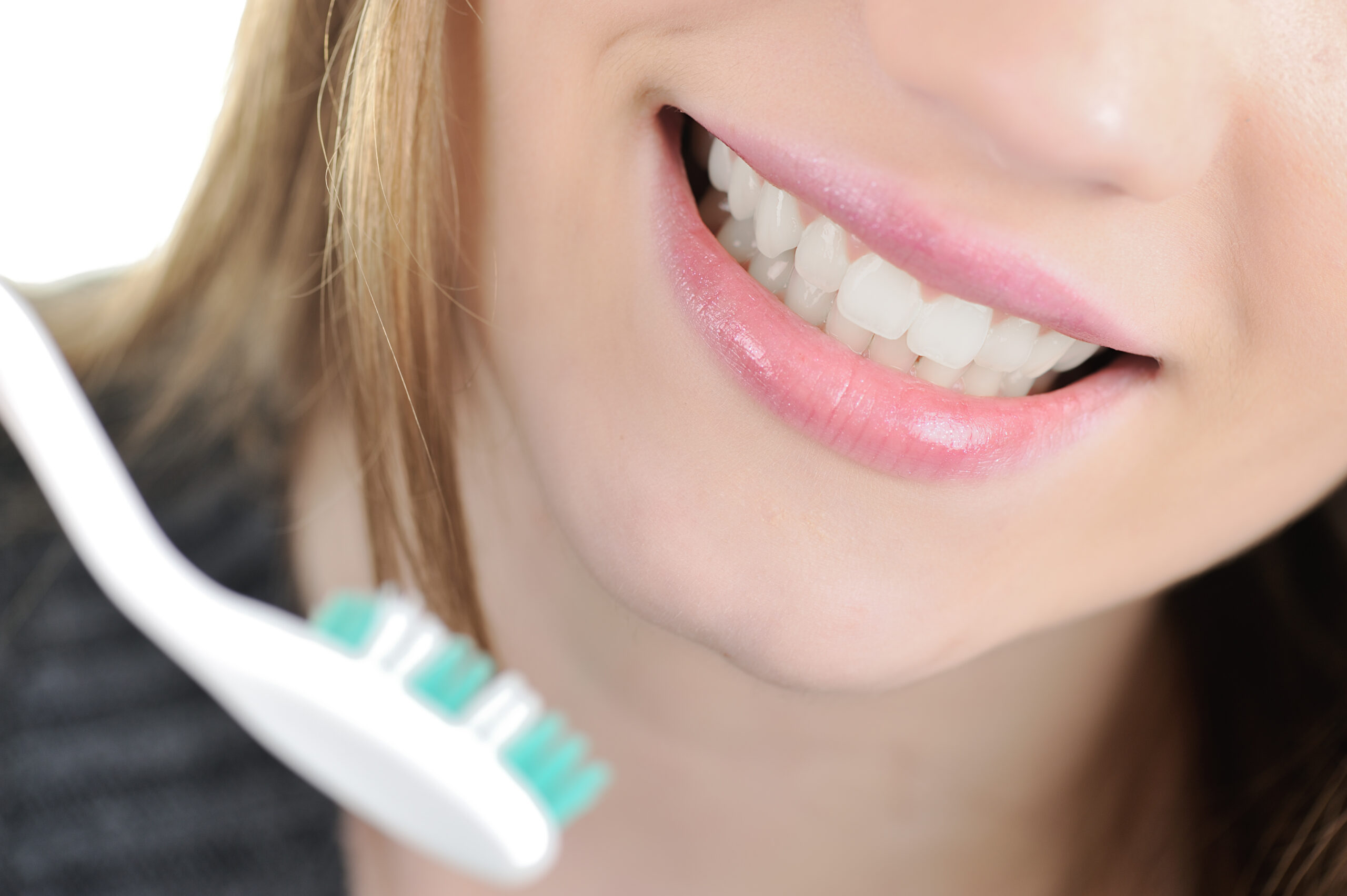Disinfection and deep cleaning are becoming increasingly important as we navigate through the pandemic. With so many germs lurking around us, it’s essential to take extra precautions to protect ourselves and our families from getting sick. In this blog post, we will cover everything you need to know about eliminating germs with a thorough deep cleaning routine.
Introduction to Disinfection & Deep Cleaning
Deep cleaning involves going above and beyond your regular cleaning routine to ensure that every nook and cranny in your home is sanitized and free of germs. This process typically includes removing all items from surfaces, wiping down walls, baseboards, and other hard-to-reach areas, and using specialized products to disinfect high-traffic areas like door knobs, countertops, and bathrooms.
Why is Deep Cleaning Important?
Deep cleaning is crucial for several reasons. First, it helps to eliminate bacteria and viruses that can cause illnesses. Second, it reduces the risk of cross-contamination by removing potentially contaminated items or objects from surfaces. Third, it improves indoor air quality by reducing dust mites, mold spores, and other allergens. Finally, it gives you peace of mind knowing that your home is as safe and healthy as possible.

Common Germ Hotspots in Your Home
Germ hotspots are areas where bacteria and viruses tend to thrive. Some common examples include kitchen counters, sink faucets, doorknobs, light switches, and toilet seats. These areas should be given extra attention during the deep cleaning process to ensure they are properly sanitized.
How to Properly Sanitize Surfaces
To effectively sanitize surfaces, you should use a product that contains at least 60% alcohol or bleach solution mixed with water. Apply the solution to the surface using a cloth or paper towel, making sure to thoroughly wet the area. Let the solution sit on the surface for at least 30 seconds before wiping it off with another dry cloth or paper towel. Repeat this process until all visible dirt and grime have been removed.
The Best Products for Disinfecting
There are numerous products available for disinfecting, but some of the best options include household bleach, hydrogen peroxide, vinegar, and ammonia. Household bleach is an effective disinfectant against most types of bacteria and viruses, while hydrogen peroxide works well on tough stains and odors. Vinegar is also useful for removing grease and grime, and ammonia can be used to remove stubborn stains.
The Difference Between Cleaning and Disinfecting
Cleaning refers to the removal of dirt, debris, and other substances from surfaces, whereas disinfecting involves killing or neutralizing microorganisms such as bacteria and viruses. While both processes are important, disinfecting goes one step further than cleaning by ensuring that harmful pathogens are eliminated from the environment.
Frequently Asked Questions About Disinfection & Deep Cleaning
Here are some frequently asked questions about disinfection and deep cleaning:
Q: How often should I deep clean my home?
A: It’s recommended to deep clean your home at least once every three months, although more frequent cleanings may be necessary depending on factors such as family size, pets, and overall hygiene habits.
Q: What is the difference between disinfecting and sterilization?
A: Sterilization involves completely destroying all forms of life, including bacterial spores, while disinfecting only kills or neutralizes living organisms.
Q: Can I use steam cleaners to disinfect surfaces?
A: Yes, steam cleaners can be effective for disinfecting certain surfaces, especially those that cannot be easily reached with traditional cleaning methods. However, not all steam cleaners are designed for disinfecting purposes, so make sure to check the manufacturer’s instructions before use.
Conclusion: Taking Action Against Germs
By implementing a thorough deep cleaning routine, you can help reduce the spread of germs and keep your home safer and healthier. Remember to always wear gloves when handling chemicals, avoid touching your face or mouth after handling dirty surfaces, and wash your hands regularly throughout the day. By taking these simple steps, you can significantly improve your chances of staying healthy even during challenging times like the pandemic.

